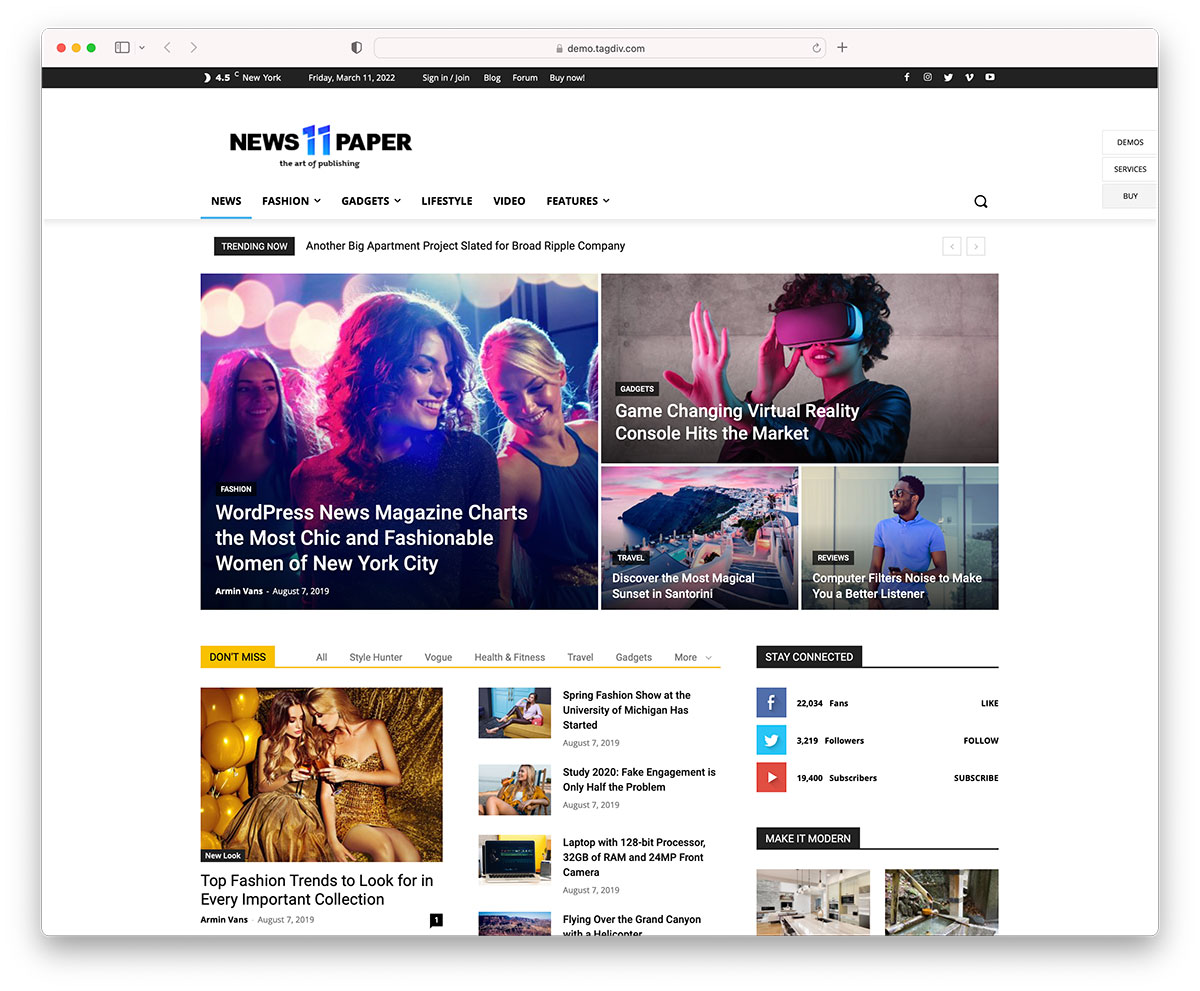News Websites Fundamentals Explained
News Websites for Beginners
Table of Contents10 Easy Facts About News Websites DescribedRumored Buzz on News WebsitesThe Main Principles Of News Websites News Websites Things To Know Before You BuyThe Ultimate Guide To News Websites
It was down in the UK and Brazil however up some various other nations, such as Greece, Bulgaria, and Poland (News Websites). This year, for the very first time, we inquired about the various manner ins which people avoid the news and discovered that around half of avoiders (53%) were attempting to do so in a broad-brush or regular method for instance, by turning off the radio when the news came on, or by scrolling past the information in social networksYou claimed that you attempt to actively avoid information.

I'm probably picking to find out more light-hearted tales than I utilized to right now. M, 51, UK Switching my back on news is the only method I feel I can cope sometimes. I have to consciously make the initiative to turn away for my very own psychological health.
Excitement About News Websites
Discerning avoidance of Ukraine news was highest possible in much of the countries closest to the dispute, enhancing findings from our extra study in 2014, not long after the battle had actually begun. Our information might not recommend a lack of rate of interest in Ukraine from nearby nations but rather a wish to take care of time or safeguard psychological health and wellness from the really actual horrors of war.
Comparing Finland with a politically polarised nation such as the USA (see following chart) that is less impacted by the battle, we locate a really different pattern of topic avoidance. In the United States, we discover that customers are more likely to prevent topics such as national politics and social justice, where disputes over concerns such as gender, sexuality, and race have come to be very politicised.
American politics are rather harmful these days. I locate sometimes that I have to disconnect from stories that just make me mad. F, 61, USA For some individuals, bitter and divisive political arguments are a reason to shut off news entirely, however, for some political upholders, avoidance is commonly concerning shutting out viewpoints you do not intend to hear.

The Buzz on News Websites
Some are aiming to make news much more available for hard-to-reach teams, broadening the information program, appointing more motivating or positive information, or embracing useful or solutions journalism that offer people a feeling of hope or personal company. In our survey this year, we asked participants about over at this website their rate of interest in these various techniques.
This explains why tales like Ukraine or national politics do well with information regulars but can at the very same time turn less interested customers away (News Websites). Careful avoiders are less interested in all kinds of news than non-avoiders however in relative terms they do seem to be extra interested in favorable or solutions-based information

Little Known Questions About News Websites.
2023). This might hold true in the click to read more minute, yet over time it seems to be leaving lots of people empty and less completely satisfied, which might be threatening our link with and count on the news. Throughout markets, overall count on in news (40%) and rely on the sources people use themselves (46%) are down by a further 2 portion factors this year.
Undoubtedly, with the rear-view mirror, the COVID-19 trust fund bump is clearly noticeable in the complying with chart, though the instructions of traveling after that has actually been mixed. Sometimes (e.g. Finland), the trust fund boost has actually been maintained, while in others the upturn looks more like a spot in a tale of continued lasting decline.
A few of the highest reported levels of media objection are located in countries with highest degree of question, such as Greece, the Philippines, the United States, France, and the UK. The most affordable levels of media objection are frequently in those with greater degrees of count on, such as Finland, Norway, Denmark, and Japan.
Some Of News Websites
This year we asked respondents about their preferences for text, audio and video when consuming news online. Typically, we locate that the bulk still like to review the information (57%), instead than watch (30%) or pay attention to it (13%), however younger people (under-35s) are more most likely to pay attention (17%) than older groups.
Behind the averages we find significant and surprising nation distinctions. In markets with a strong reading practice, such as Finland and the UK, around eight in ten still prefer to review on-line news, but in India and Thailand, around 4 in 10 (40%) state they prefer to see information online, and in the Philippines that percentage is over fifty percent (52%).